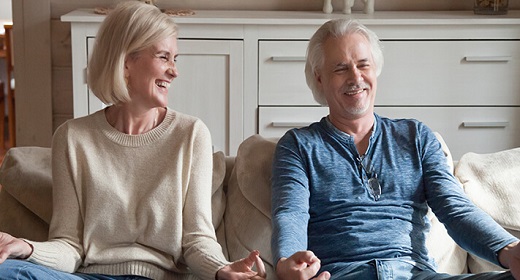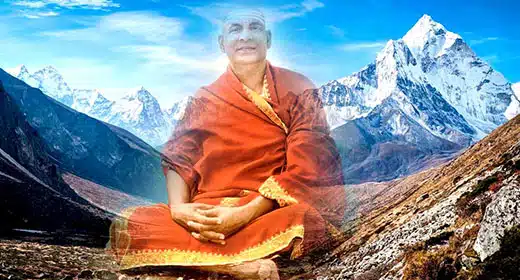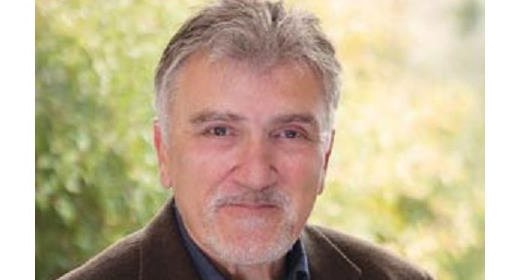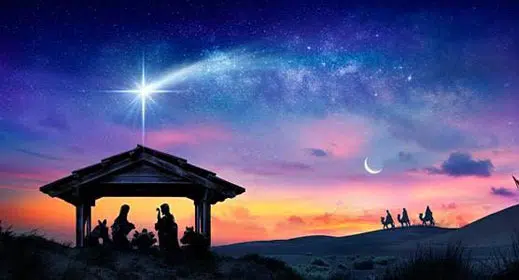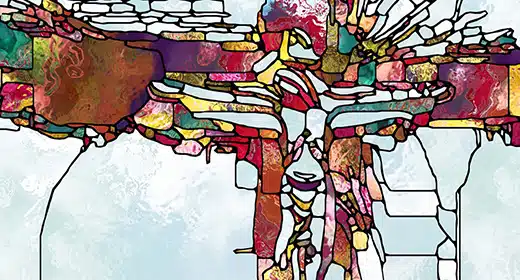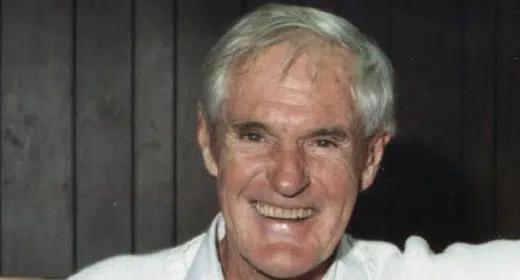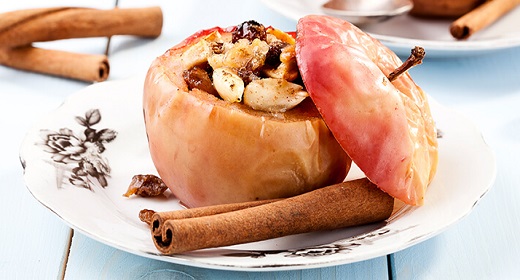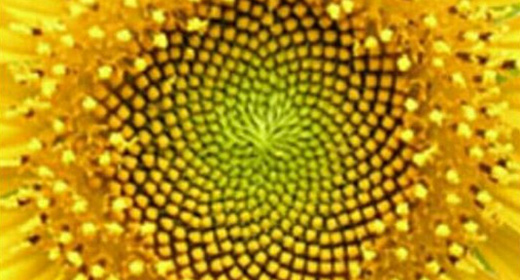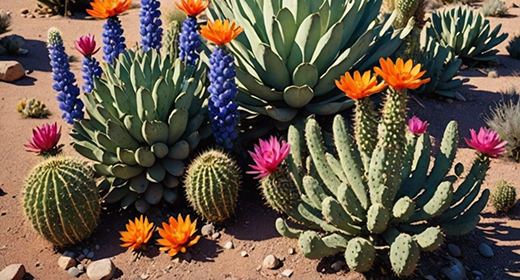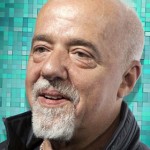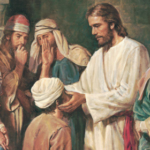by Anita Moorjani: Known around the world for her bestselling book, “Dying to Be Me: My Journey From Cancer to Near Death, to True Healing…”
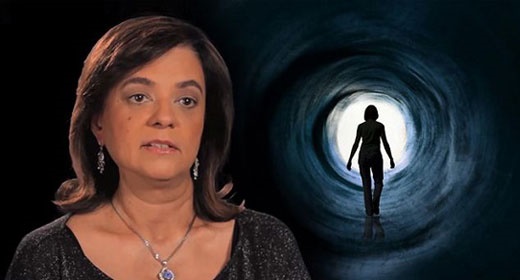
Anita Moorjani chronicled her near death experience from which she returned to her body — which was dying from Stage 4 cancer — and within weeks the cancer reversed and her body completely healed.
In her newest book, “What If This Is Heaven: How Our Cultural Myths Prevent Us from Experiencing Heaven on Earth,” she takes on the biggest myths in today’s society influencing our everyday lives, including “You Get What You Deserve,” “Loving Yourself is Selfish,” and “Spiritual People Don’t Have Egos.” She believes these myths are keeping us from being our authentic selves and living the lives we are meant to live.
In fact, looking back, she says if she knew everything she knows now, she would not have gotten cancer at all.
“I would have known it is very important to love myself. I truly believed previously that to love myself was selfish, and I believed it made me a better person if I constantly put other people before me and put myself last,” she says in the cover story of Elevated Existence’s September 2016 Issue, explaining she did this to a point where she treated herself like a doormat and let others walk all over her. She was a true people-pleaser and was afraid of saying “no.”
Moorjani gave to the point where she was completely drained, and would feel guilty if she wasn’t helping people who needed her. It became so bad that the day she was diagnosed with cancer, even though there was an immediate feeling of fear, it was followed by relief.
“It was like, ‘Ah, finally, I can do things for myself now. I can take care of myself because I have cancer.’ It’s like the cancer gave me permission. Today, I don’t need cancer. I don’t need permission because I matter. I am a product of the universe. I’m a facet of the universe — a facet of God. There is a reason for me to be here, and this applies to all of us. We’re all here to express God or to express the universe, and if we deny that, if we don’t love ourselves and allow our authenticity and light to shine, then we are denying the facet of God that is expressing itself through us.”
 We Don’t Need Fixing
We Don’t Need Fixing
Also in the September 2016 Issue, Moorjani explains how people often get caught up in the need to fix something about themselves, believing something is wrong with them that needs changing. But she realized this belief can actually cause us more problems, bringing about feelings of fear and insecurity.
This is true whether we are trying to heal from a physical illness or trying to fix some other aspect of ourselves. She admits to being a self-help junkie before she got cancer and after her near-death experience, she doesn’t feel like she needs help anymore, because she embraces everything about herself and is alright with being imperfect.
“I know this goes against the genre I write for, but I truly believe that even the belief we constantly need work and help is the problem and not the fact that we actually need help, “ Moorjani says.
For those struggling with an illness, especially cancer, she asks them to stop beating themselves up, or trying to figure out what they did wrong to create it. Rather, they should love and embrace themselves right now in this moment, and be with people who love and value them.
“Ask yourself, ‘what shall I do today to that will bring me joy? What would I be doing today if I loved myself?’ And we should do this whether we are sick or well. That is all we have to do every single day,” she explains.
She also teaches we should do one random act of kindness for ourselves every day that we wouldn’t normally do — something additional that either takes up some time or is something we have been putting off. This can be soaking in the bathtub or going to see a movie we have been meaning to see. It is important to start taking time for ourselves that we would normally allocate to others.
“I know most people who are attracted to my story or are attracted to spirituality and the books and magazines — they have no trouble doing a random act of kindness for other people, so I’m not going to even bother advocating that because I know they give and give and give until they become drained. That was me before I got cancer,” she shares. “What I’m advocating is one random act of kindness for yourself, no matter how busy your day is. In fact, the more busy your day is, the more important it is for you to take time out to do this.”

